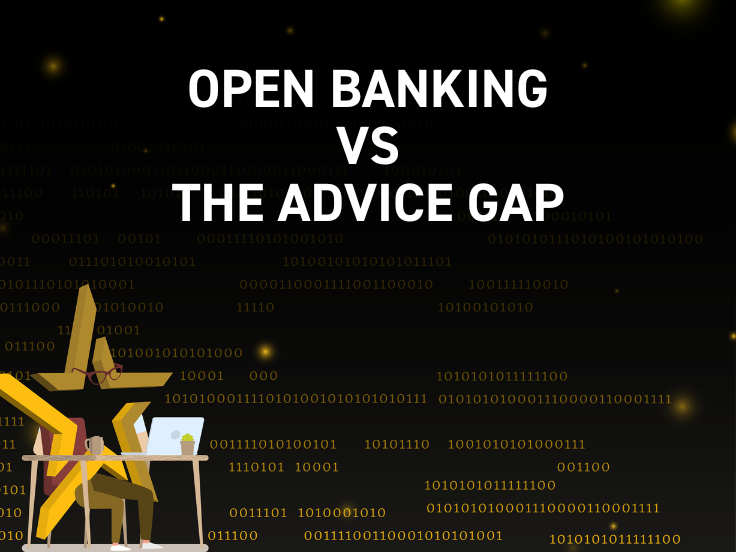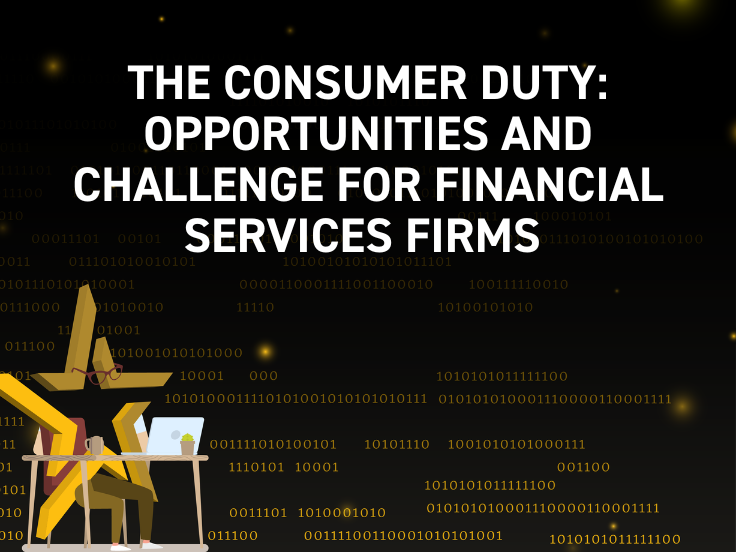
Financial Inclusion in the Open Banking Era: more than ‘banking the unbanked’
 11:00 22 Sep 2021
11:00 22 Sep 2021 While great strides toward financial inclusion have been made, this latter issue remains a major challenge both for developed and developing countries alike. The advent of Open Banking has been a major boost to the acceleration of financial inclusion.
Open Banking has the ability to drive accessibility to financial services and much more personalised and cost-effective products for all types of customers by providing access to transaction data. However, what are the ramifications of financial data sharing with incumbents and third parties for people with widely varying financial “backgrounds”?
Defining Financial Inclusion
The World Bank defines financial inclusion as “Businesses and individuals having access to useful and affordable financial products and services that meet their needs – transactions, payments, savings, credit and insurance – delivered in a responsible and sustainable way”.
It’s a call for all to participate in economic life. To have access to financial services and choices to suit individual requirements. The interoperable sharing of credit history and historical transactions is a major challenge of the Open Banking standard. This challenge is related to increasing accessibility not only among the unbanked, but also to who is more likely to benefit from data sharing. This is reliant on whether the risk appetite of banks will change amid the new standard and the role of regulators in balancing the equation. Therefore, financial inclusion in the framework of Open Banking is much broader than banking the unbanked.
We should be aware that regulatory environments differ in their approach towards data sharing, while Open Banking is not a new technology but rather a regulatory standard that sets the rules for data exchange among different parties. As APIs have been around for many years, data sharing, rather than Open Banking, is a more suitable term to use.
The most challenging use case of financial inclusion in data sharing is the accessibility and affordability of credit. In the case of credit, we can distinguish between three groups of customers with similar traits:
- The Winners
This group has a “clean” credit history and a relatively high credit score. They’ve used credit long before Open Banking was on the horizon. They are more likely to benefit from data sharing. This is so because they will be targeted both by incumbents and fintechs and will enjoy lower prices of credit as a result, and more diversified and personalised products. These customers will continue to pass the cut-off of the risk models of the banks and presumably will be the first to share their data.
- The Newcomers
The newcomers include two types of customers, those who own a simple bank account but never used credit and the unbanked, said to be 40 million in the EU. The uniqueness of these two groups is that they lack a credit history so data sharing for them can make a real difference.
For example, by using historical data on payments to utilities and telecommunication providers, these groups can leverage data sharing to start building creditworthiness. Subsequently, an integrated and automated repayment vehicle can support the relationship between the customers and the loan providers (mainly fintechs) and build trust for future offerings.
In addition, these customers might bear the price of being new to the game, but at least have low-cost financial products designed for them. They might also enjoy personal finance management tools to enable better decision making, saving for the future and the management of their entire financial life.
At the same time, there are still an array of challenges for financial inclusion for those who lack a credit history. The first is digital identity, a prerequisite for financial inclusion because of the need to mitigate risk. Though digital identity challenges have been solved in many developing countries, usually by a governmental authority (such as Aadhaar in India), this is taking hold now in Europe with a digital identity initiative for all Europeans.
- The Vulnerable
This group tends to be impoverished with a “poor” credit history. They struggle with their finances and exist on overdrafts and “over-indebtedness”. They’re part of the traditional banking system and are often perceived as “vulnerable customers”. They benefit the most from the asymmetric information in the credit market therefore, they are less likely to consent to sharing data with third parties. The question is whether they will “penalised” by higher credit prices with the very low incentive to share data in the new data-sharing environment. Lack of transaction data sharing may also result in limited offerings and less personalisation of financial products; thus, this group might end up not being able to afford any type of credit.
Assuming that banks will not change their risk appetite in light of data sharing, fintechs will charge high prices as they have their own risk models. So, this group may end with the limited affordability of credit. For vulnerable customers, data sharing exercises are crucial for them to check their options before consenting to share their financial data.
The good news is that they can benefit from personal finance management tools that will help them at least partially repay their debts and better manage their finances. An example of such a tool is Tully in the UK, which helps people with debt manage their finances more effectively. Lastly, these customers are mostly in need of regulatory protection by making sure that the credit prices will not rise steeply.
To summarise, tech advances have been the driving force behind financial inclusion in recent years. The evolution of Open Banking and data sharing more specifically, has contributed to financial inclusion and wellbeing. In this article, we’ve shown that data sharing is contextual to a specific group of customers, while data sharing may be a huge benefit to one group of customers and the Achilles heel for another. While the unbanked and those that lack a credit history have the most to gain from Open Banking, vulnerable customers have very low incentive to share their data and consequently end up with little choice or unaffordable lines of credit. The role of the regulators then is to incentivise the market and show the benefits of sharing ones’ data, as well as stimulate competition to reach more users and new markets.
[The authors of this article are Dr Ira Sobel, Founder and CEO of Fintech for Longevity; and Jonny Paul, Director at Fintech Calling and Founder and Director of Fintech Week Tel Aviv]
Helen Child, Founder & CEO, Open Banking Excellence




 " alt="">
" alt="">

 " alt="">
" alt="">
 " alt="">
" alt="">
 " alt="">
" alt="">
 " alt="">
" alt="">
 " alt="">
" alt="">
 " alt="">
" alt="">
 " alt="">
" alt="">
 " alt="">
" alt="">